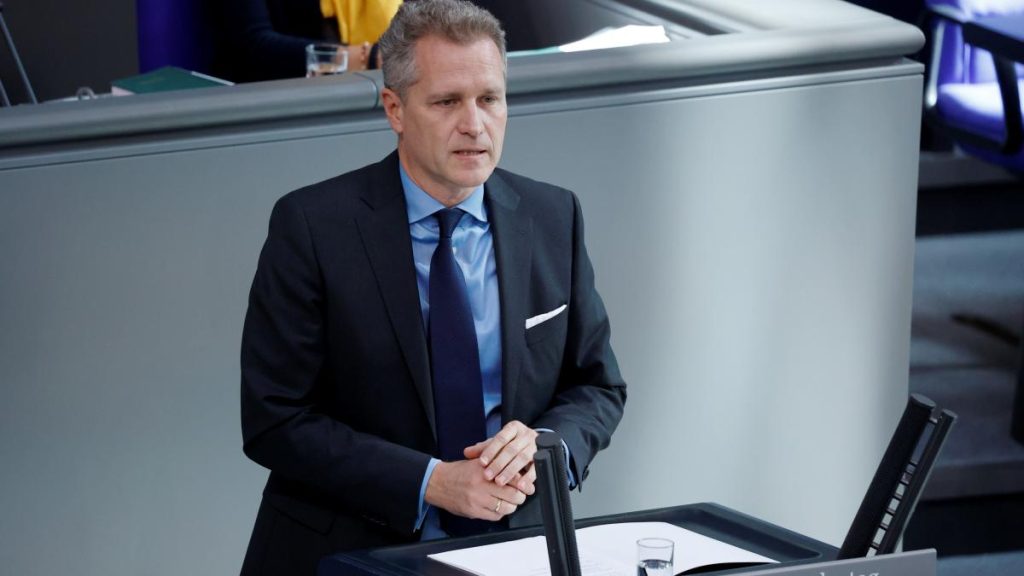In a recent development, AfD politician Petr Bystron has reportedly admitted to accepting packages from a pro-Russian businessman, despite denying any involvement in the past. According to reports, Bystron acknowledged receiving small packages from media manager Artem Martschewskij, who was revealed to be involved in a Russian influence operation through the internet portal “Voice of Europe.” This operation spread Kremlin-friendly propaganda and misinformation in multiple languages, while also allegedly providing funds to pro-Russian politicians in Europe. Bystron, who is running as the second candidate on the AfD’s list for the European elections, is suspected of receiving 20,000 euros from this network.
In response to incriminating audio and video recordings that surfaced in the media, Bystron was called before the AfD federal executive board to address the accusations. During the meeting, he reportedly admitted to accepting the packages but claimed that they did not contain any money. However, he declined to disclose the contents of the packages. Previous reports based on information from a Czech parliamentarian suggested that audio recordings captured Bystron counting and handling money. Bystron’s admission marks the first time he has publicly acknowledged being secretly recorded and monitored.
When approached for comment by “Der Spiegel,” Bystron did not deny his admission to the AfD board but instead accused the media of orchestrating a campaign against him. He expressed his belief that the video and audio recordings may have been circulated to multiple individuals and could potentially be released to the public. Bystron’s response suggests a shift from his previous denials of any involvement with the pro-Russian network, as he now acknowledges the possibility of being recorded without his knowledge. The ongoing scandal surrounding Bystron raises questions about the extent of Russian influence within the AfD and other European political parties.
The revelations about Bystron’s association with a pro-Russian businessman add another layer to the controversy surrounding the AfD, which has faced criticism for its connections to right-wing and nationalist groups. The party’s stance on issues such as immigration and European integration has drawn parallels to other populist movements in Europe, further fueling debates about the rise of far-right ideologies in the region. Bystron’s involvement with individuals linked to Russian influence operations underscores concerns about foreign interference in European politics and the potential impact on democratic processes.
As the allegations against Bystron continue to unfold, his admission to accepting packages from a pro-Russian entity raises questions about his motivations and relationships within the AfD. The party’s response to the scandal and its implications for the upcoming European elections remain uncertain. Amidst growing concerns about foreign interference and political corruption, Bystron’s case highlights the challenges faced by European democracies in maintaining transparency and accountability in an increasingly complex political landscape. The outcome of this controversy could have far-reaching consequences for the AfD and its future trajectory in German and European politics.


